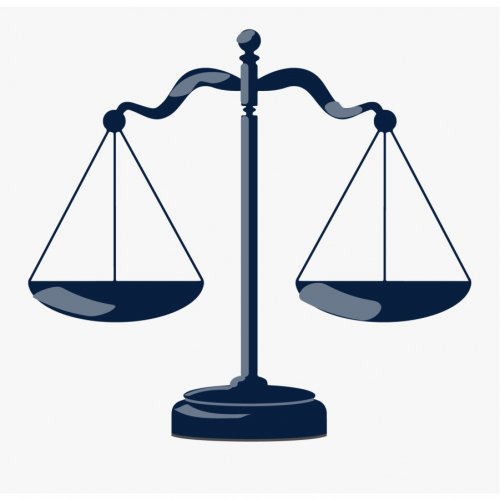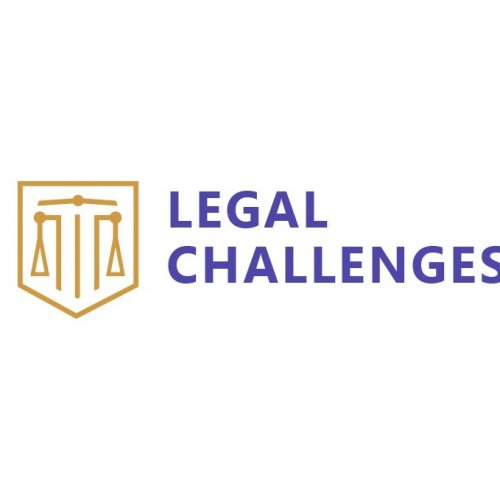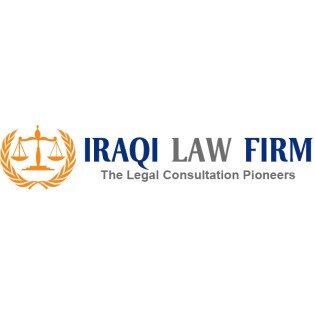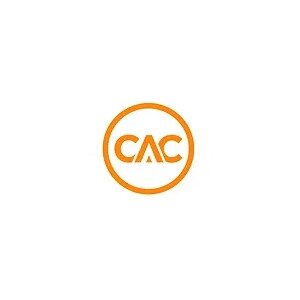Best Financial Services Regulation Lawyers in Baghdad
Share your needs with us, get contacted by law firms.
Free. Takes 2 min.
List of the best lawyers in Baghdad, Iraq
About Financial Services Regulation Law in Baghdad, Iraq
Financial Services Regulation in Baghdad, Iraq, primarily deals with overseeing financial institutions such as banks, insurance companies, and fund management firms. These regulations are set by the Central Bank of Iraq and other financial regulatory bodies to ensure the integrity, stability, and fairness of the financial system. The regulatory framework is designed to protect consumers, maintain market confidence, and reduce financial crime. As Iraq continues to modernize its financial sector, the regulatory environment is evolving to encourage international investment while safeguarding local economic interests.
Why You May Need a Lawyer
There are numerous situations where consulting a lawyer specializing in financial services regulation might be necessary. Businesses looking to enter the Iraqi financial market may require assistance in navigating the complex regulatory landscape. Individuals dealing with fraud or disputes with financial institutions may also need legal support. Other common scenarios include compliance with anti-money laundering laws, financial transactions oversight, and licensing or accreditation issues for financial firms. Lawyers can offer expertise to help navigate these areas effectively.
Local Laws Overview
The financial services sector in Baghdad operates under a set of laws governed mainly by the Central Bank of Iraq, the Iraq Securities Commission, and the Ministry of Finance. Key laws include the Central Bank Law, Securities Law, and Anti-Money Laundering Law. These laws establish the framework for banking operations, securities trading, insurance activities, and general financial transactions. Understanding the specifics of these laws is crucial for anyone operating within or entering the financial services market in Iraq.
Frequently Asked Questions
What is the role of the Central Bank of Iraq?
The Central Bank of Iraq is responsible for monetary policy, currency issuance, and maintaining financial stability. It also regulates banks and other financial institutions to ensure compliance with national regulations.
Are there specific licenses required to operate a financial business in Iraq?
Yes, financial institutions must obtain the appropriate licenses from the Central Bank of Iraq or the Iraq Securities Commission, depending on the nature of the financial services they offer.
What are the main challenges in complying with financial regulations in Iraq?
Challenges include staying updated with changing regulations, understanding the local legal framework, and ensuring adherence to compliance standards, especially concerning anti-money laundering policies.
How does the Anti-Money Laundering Law affect financial institutions in Iraq?
The Anti-Money Laundering Law requires financial institutions to implement measures to detect and prevent money laundering activities. This includes thorough customer due diligence and regular monitoring of transactions.
Can foreign companies invest in the Iraqi financial market?
Yes, foreign companies can invest, but they must comply with local regulations and may require specific permissions or partnerships with local entities to operate effectively.
What enforcement actions can regulators take against non-compliance?
Regulators can impose fines, revoke licenses, or initiate legal action against entities that fail to comply with financial regulations. Severe non-compliance can result in criminal proceedings.
What assistance can a lawyer provide in regulatory compliance?
A lawyer can help interpret complex legal requirements, ensure compliance with local laws, assist with risk management, and represent clients in disputes or legal proceedings.
Are there specific regulations for Islamic banking in Iraq?
Yes, Islamic banking operates under Sharia-compliant guidelines, which require adherence to specific principles and different regulations compared to conventional banking.
What role does the Iraq Securities Commission play?
The Iraq Securities Commission regulates securities trading, ensuring transparency and protecting investors in the securities market.
How do local financial laws impact international trade in Iraq?
Local financial laws influence trade by determining transaction regulations, currency control, and ensuring compliance with international financial standards, which affects cross-border commercial activities.
Additional Resources
Key resources for financial services regulation in Iraq include the websites of the Central Bank of Iraq, the Iraq Securities Commission, and the Ministry of Finance. Additionally, consulting firms specializing in Iraqi law, as well as international bodies like the World Bank and the International Monetary Fund, can offer further guidance and support.
Next Steps
If you need legal assistance in financial services regulation, start by consulting with a local legal expert who specializes in this field. Prepare a comprehensive overview of your legal needs and gather any relevant documents. This preparation will aid in the initial consultation. Consider contacting the Baghdad Bar Association for recommendations on qualified financial service regulatory lawyers. Lastly, ensure that the lawyer you choose has experience with the specific aspects of financial law relevant to your situation.
Lawzana helps you find the best lawyers and law firms in Baghdad through a curated and pre-screened list of qualified legal professionals. Our platform offers rankings and detailed profiles of attorneys and law firms, allowing you to compare based on practice areas, including Financial Services Regulation, experience, and client feedback.
Each profile includes a description of the firm's areas of practice, client reviews, team members and partners, year of establishment, spoken languages, office locations, contact information, social media presence, and any published articles or resources. Most firms on our platform speak English and are experienced in both local and international legal matters.
Get a quote from top-rated law firms in Baghdad, Iraq — quickly, securely, and without unnecessary hassle.
Disclaimer:
The information provided on this page is for general informational purposes only and does not constitute legal advice. While we strive to ensure the accuracy and relevance of the content, legal information may change over time, and interpretations of the law can vary. You should always consult with a qualified legal professional for advice specific to your situation.
We disclaim all liability for actions taken or not taken based on the content of this page. If you believe any information is incorrect or outdated, please contact us, and we will review and update it where appropriate.

















